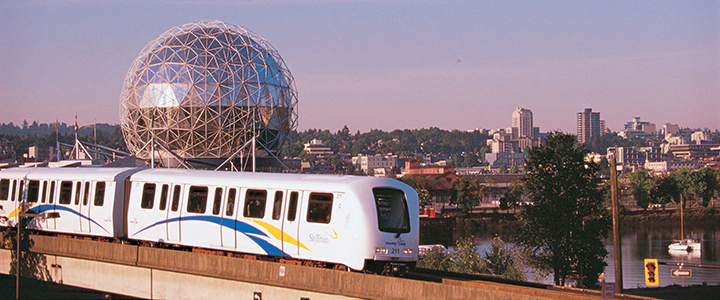In today's fast-paced world, efficient and sustainable transportation is of utmost importance. Buses have long been a cornerstone of public transportation systems worldwide, offering numerous advantages over other modes of transport. From their ability to alleviate traffic congestion to their positive environmental impact, buses have proven to be a vital component of modern mobility solutions. In this article, we will explore the multifaceted advantages of buses, highlighting their efficiency, sustainability, and connectivity.
- Efficiency:
Buses are renowned for their efficiency in transporting large numbers of passengers. With their high capacity, buses can significantly reduce the number of private vehicles on the road, thereby alleviating traffic congestion. By utilizing dedicated bus lanes and implementing intelligent transportation systems, buses can further enhance their efficiency, ensuring timely arrivals and departures. Moreover, the ability to transport passengers directly to their destinations without the need for transfers makes buses a convenient and time-saving mode of transport. - Sustainability:
In an era where environmental concerns are paramount, buses offer a sustainable alternative to individual car usage. By consolidating passengers into a single vehicle, buses reduce carbon emissions and contribute to improved air quality. Additionally, the adoption of electric or hybrid buses further minimizes the environmental impact, reducing noise pollution and reliance on fossil fuels. The integration of renewable energy sources, such as solar panels, can also power bus depots, making the entire system even more sustainable. - Connectivity:
Buses play a crucial role in connecting communities, especially in areas with limited access to other transportation options. They provide a lifeline for individuals who rely on public transport to access education, employment, healthcare, and social activities. Moreover, buses can be equipped with modern technologies, such as Wi-Fi, GPS tracking, and real-time passenger information systems, enhancing the overall passenger experience. These connectivity features not only improve convenience but also enable efficient route planning and management. - Economic Benefits:
The advantages of buses extend beyond their direct impact on passengers and the environment. The presence of a robust bus network can stimulate economic growth by facilitating the movement of people and goods. Buses provide affordable transportation options, making cities more accessible and attracting businesses, tourists, and investments. Additionally, the bus industry itself generates employment opportunities, ranging from drivers and mechanics to administrative staff and engineers.
Conclusion:
Buses offer a multitude of advantages that make them a crucial component of sustainable and efficient transportation systems. Their ability to alleviate traffic congestion, reduce carbon emissions, connect communities, and stimulate economic growth cannot be overstated. As cities continue to grapple with urbanization and environmental challenges, investing in and prioritizing the development of bus networks is a forward-thinking solution. By embracing buses as a viable mode of transport, we can create more livable, connected, and sustainable cities for future generations.





+ There are no comments
Add yours